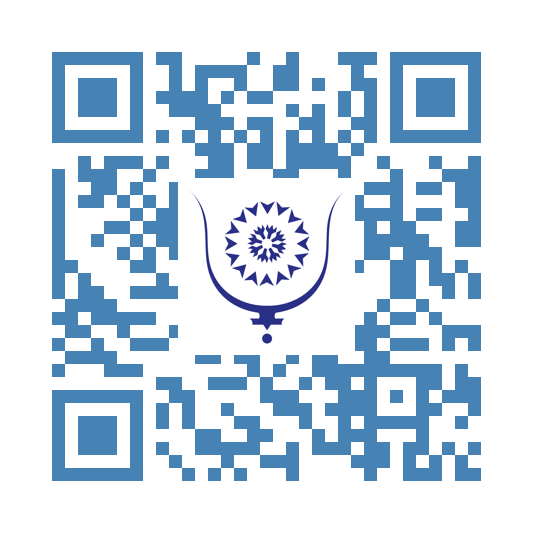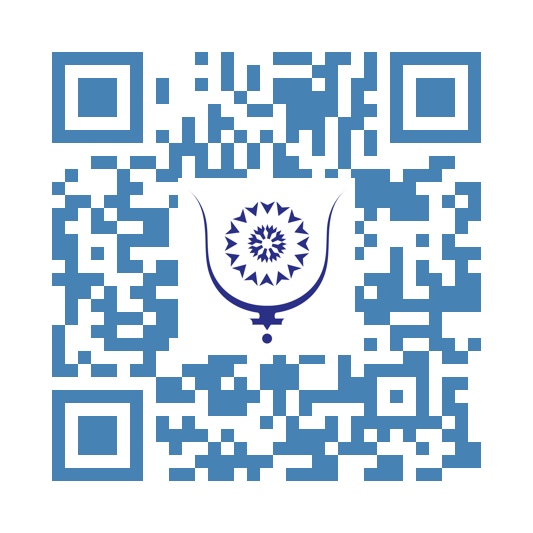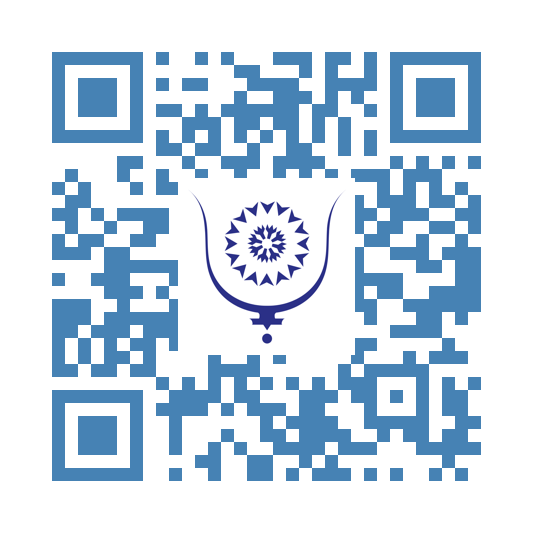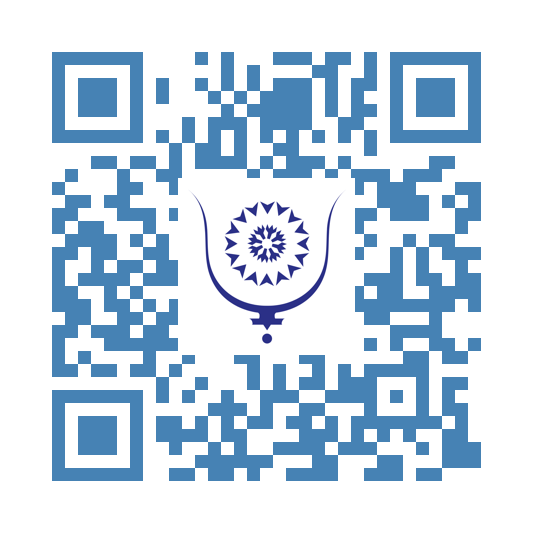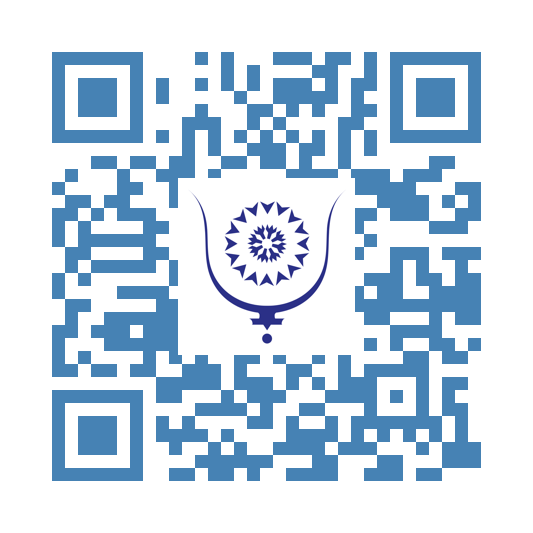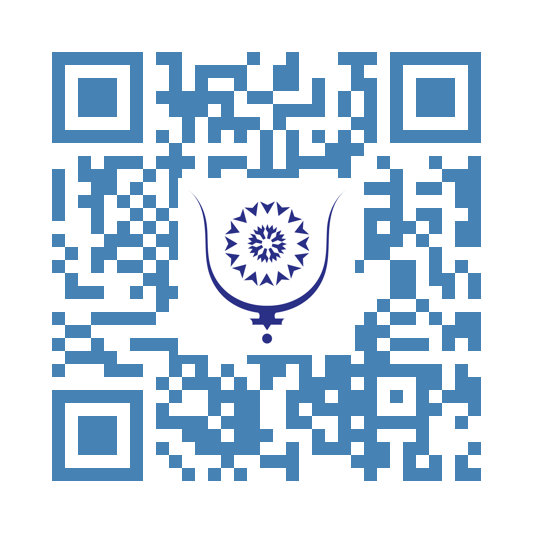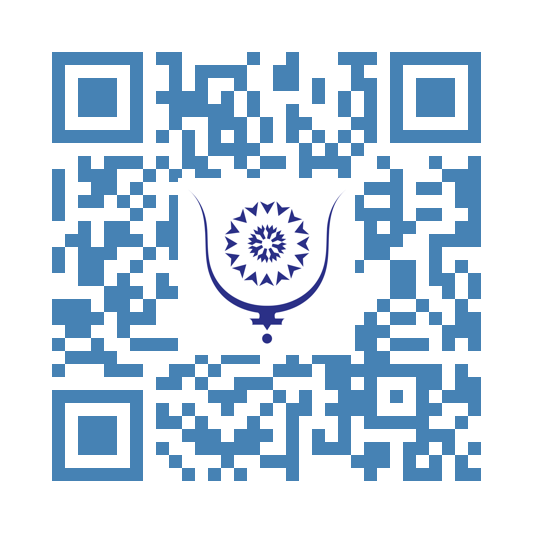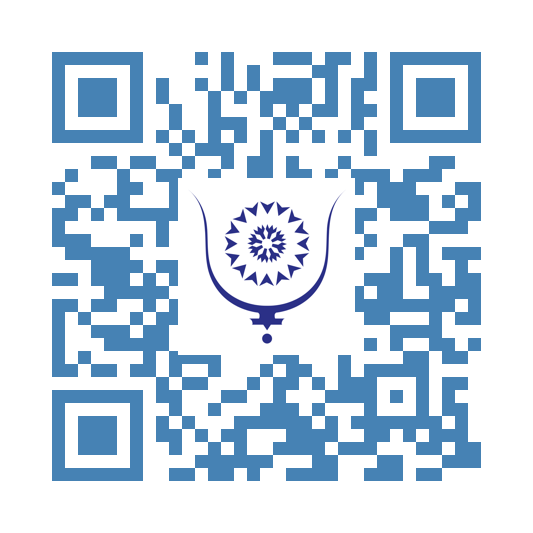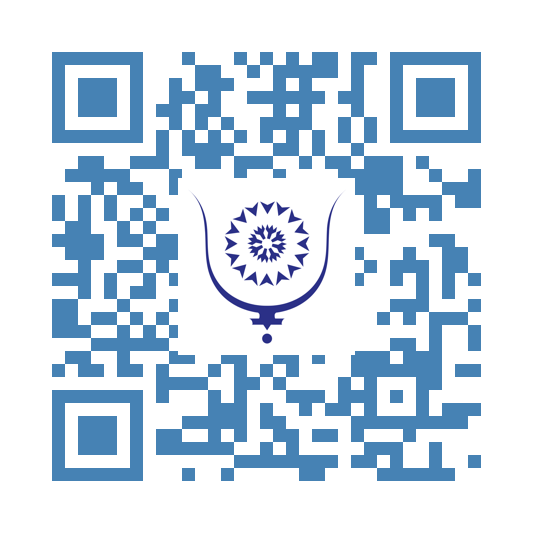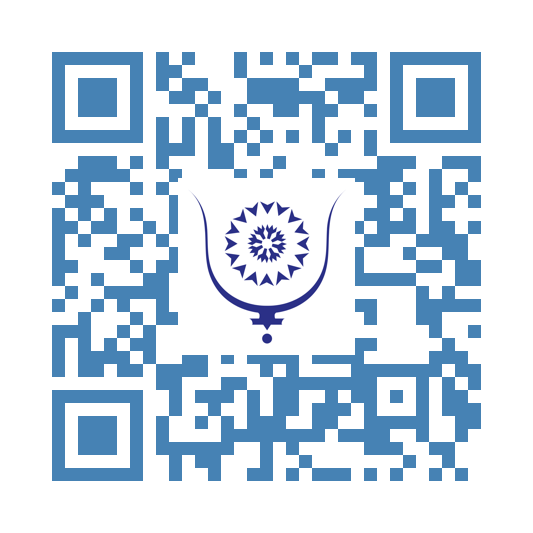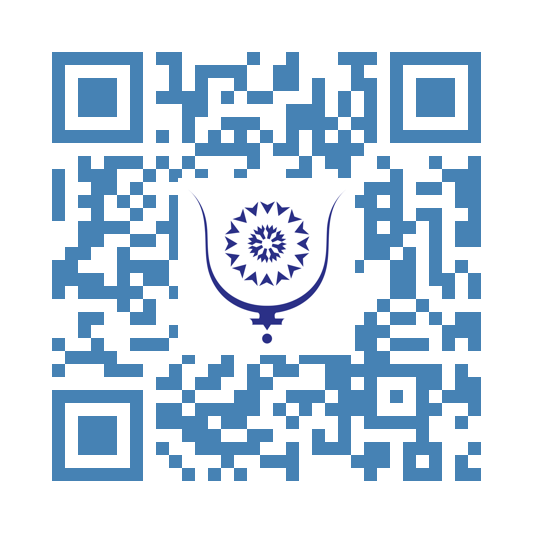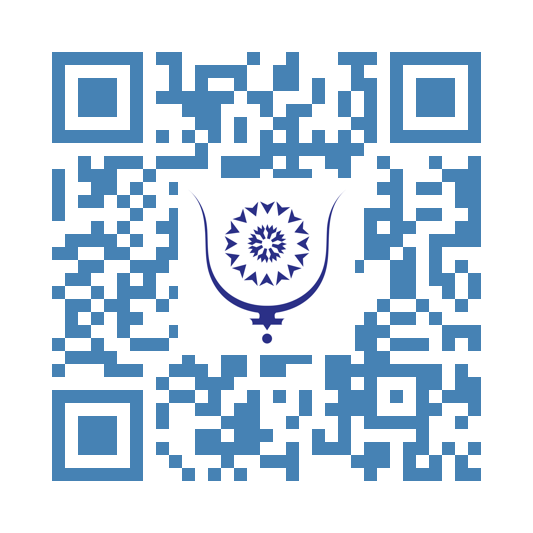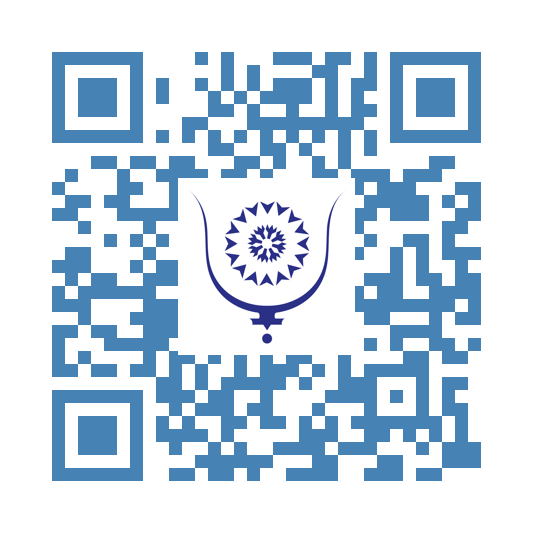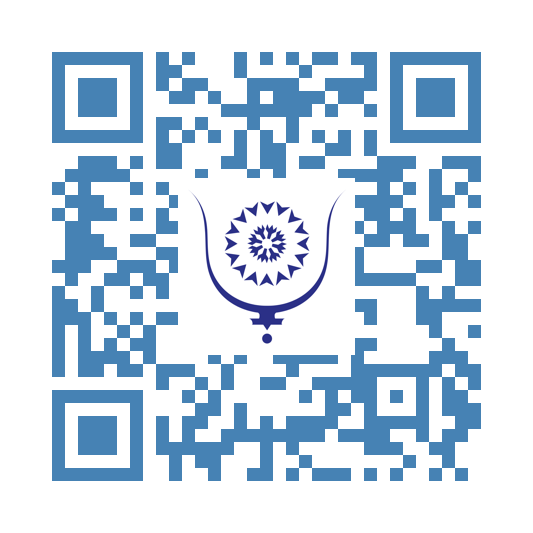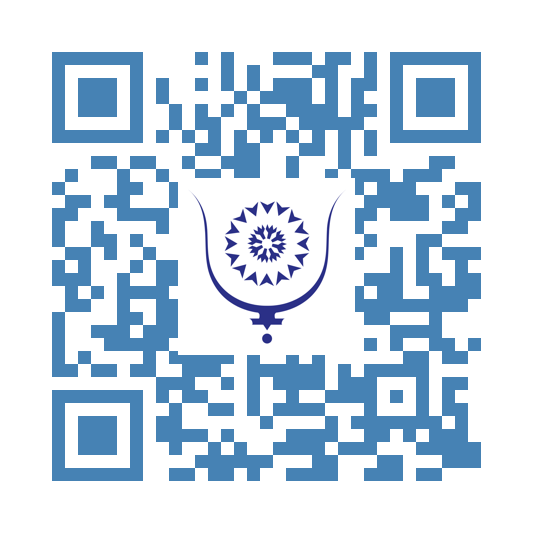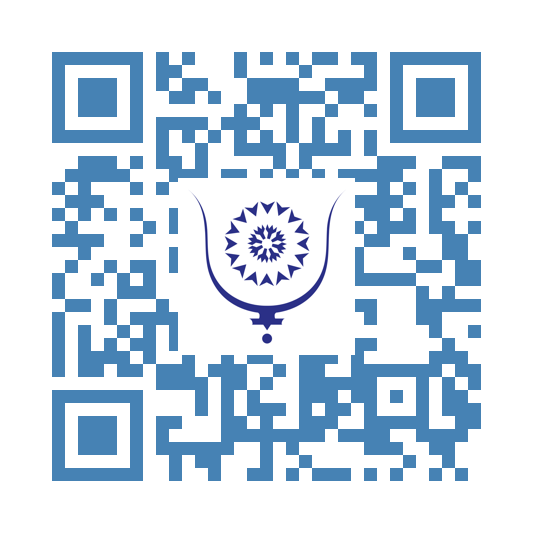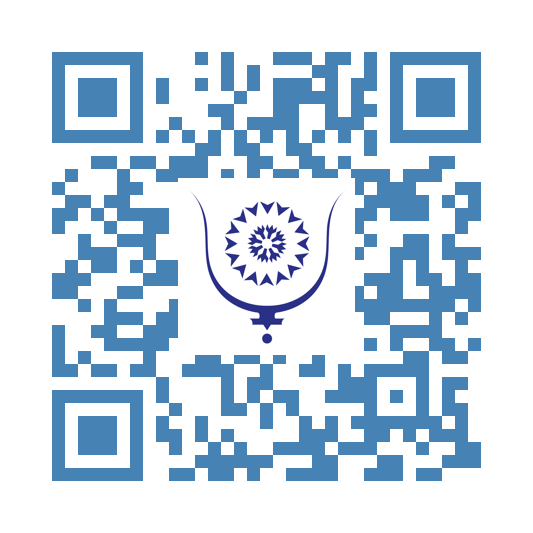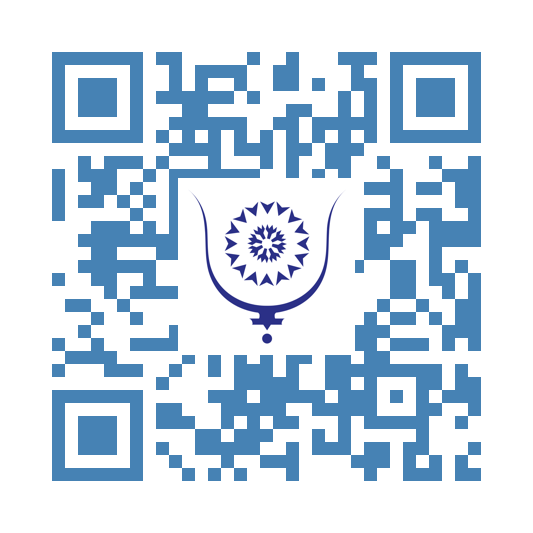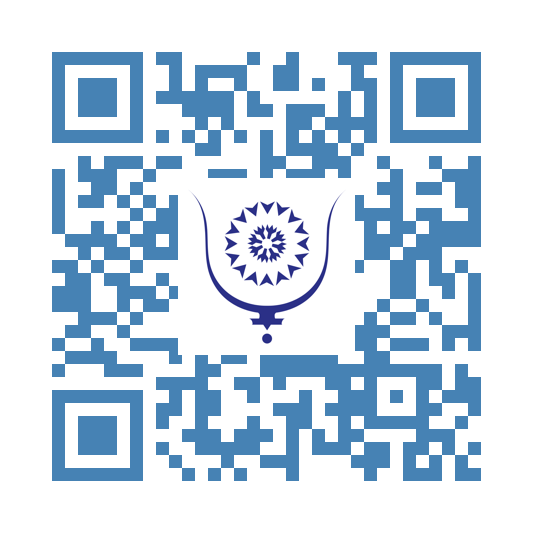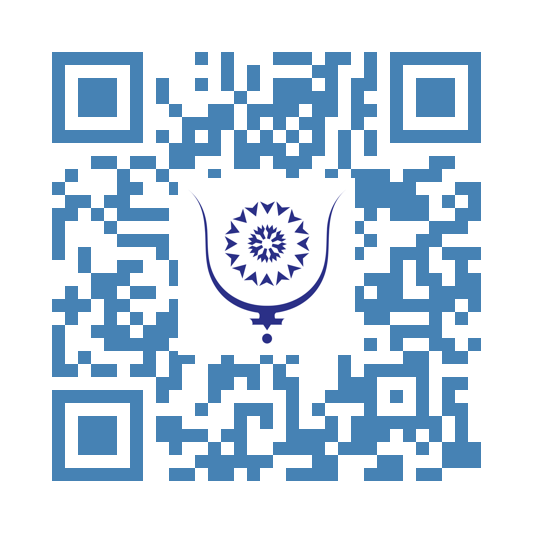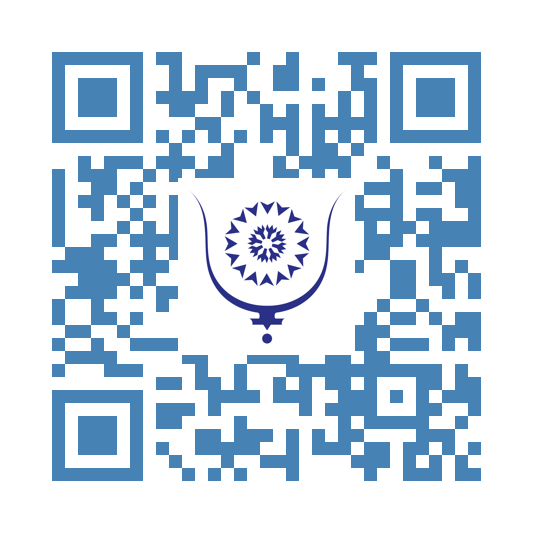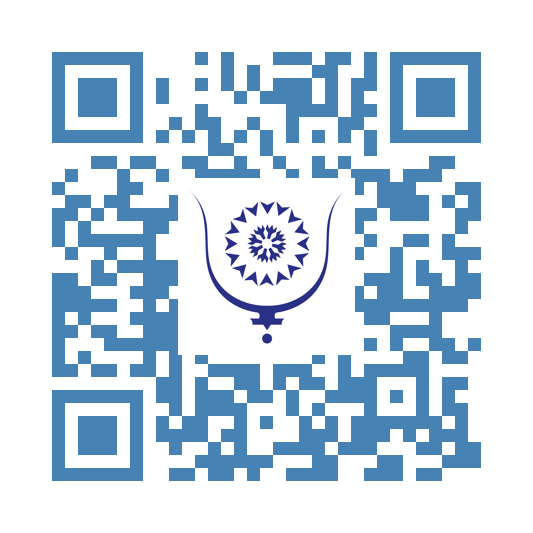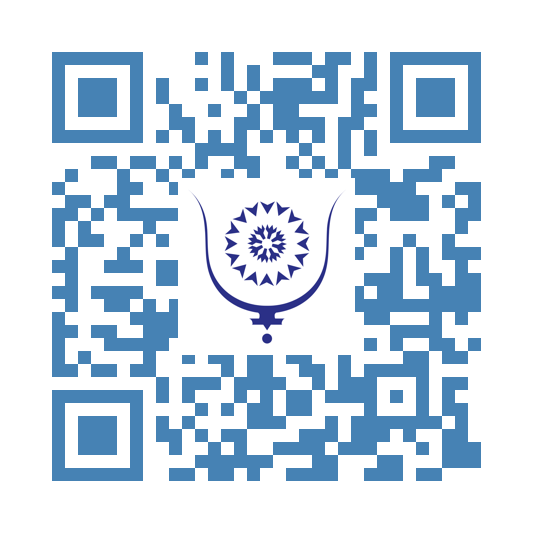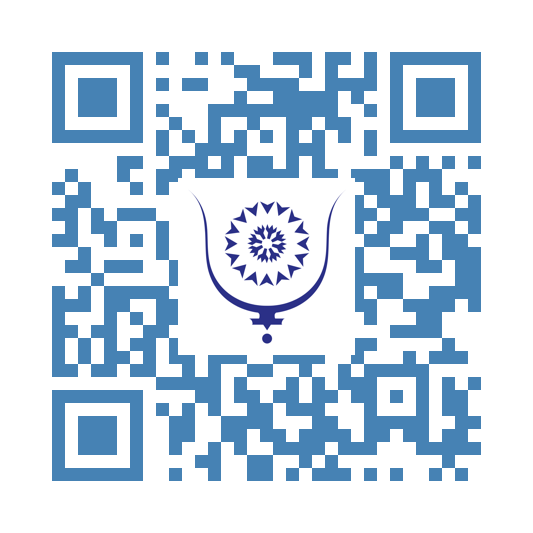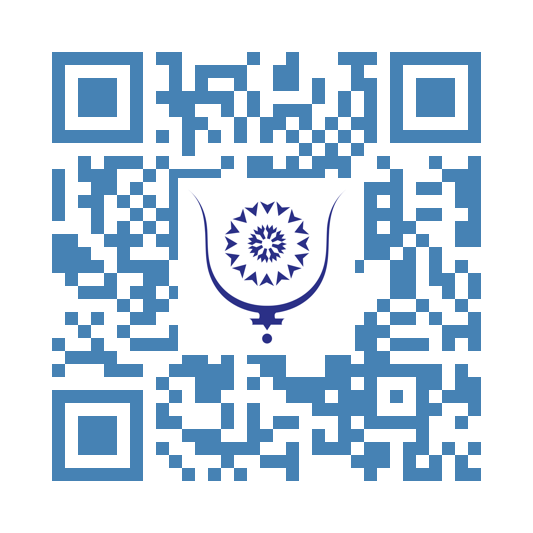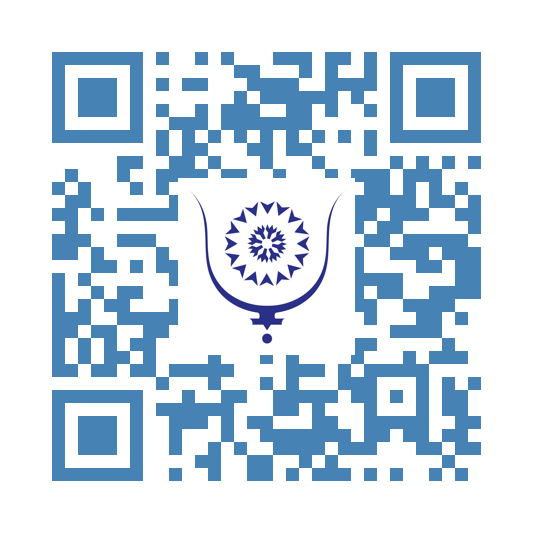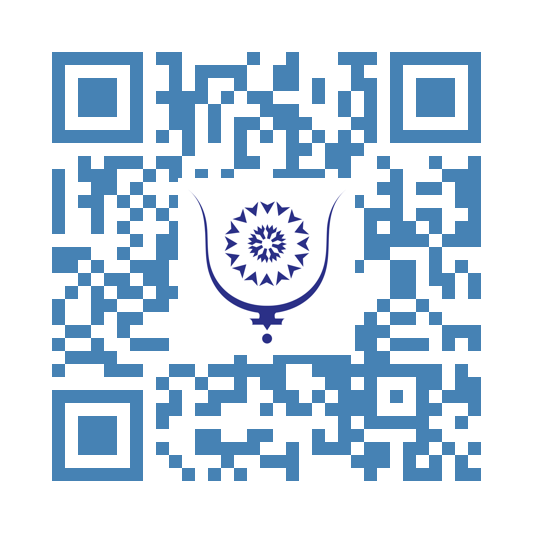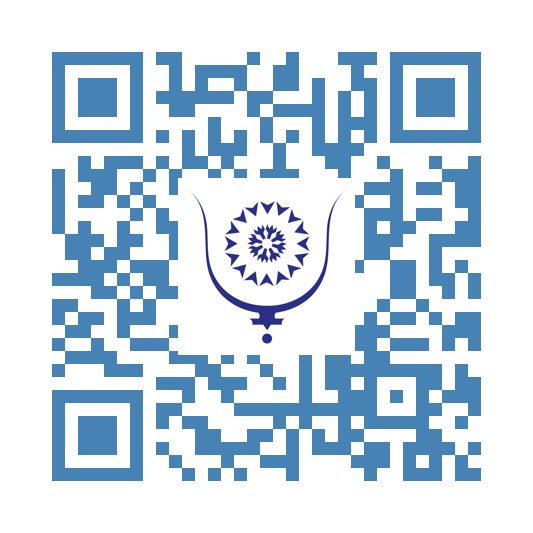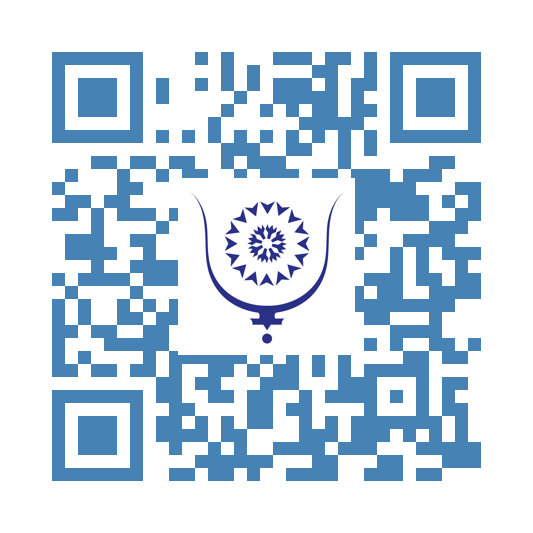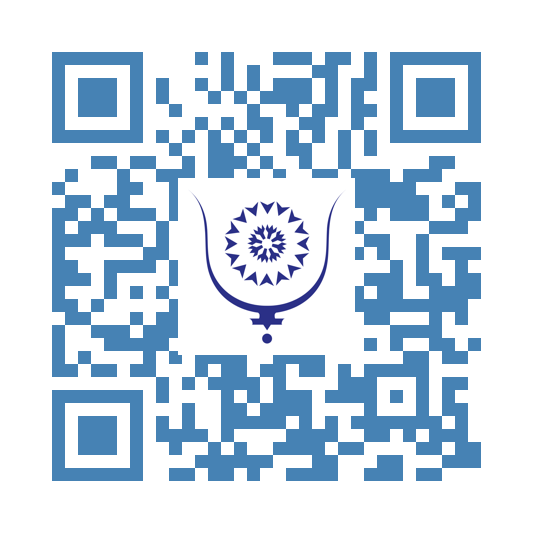GenZ 212: the Imperative of a New Political and Social Pact...
4553
In a Morocco pulsating with change, a new breath sweeps through its streets and squares. Imagine, for a moment, the gaze of a young person walking down the avenues of Rabat, their heart filled with an unshakable conviction: that their country must urgently rewrite its destiny, redefine its governance, and above all, give its youth the place they deserve, as builders worthy of their dreams.
This Morocco, once proud of its 2011 Constitution born of a hopeful protest movement, now seems mired in suffocating practices that fuel frustration and stagnation. So many promises inscribed in that text have gone unfulfilled, so many provisions willfully forgotten. The demanding youth, thirsty for justice and inclusion, feel this deeply. For them, it is experienced as a painful fracture.
The world is accelerating with a relentless rhythm, and that fracture is palpable everywhere: nearly 30% of Moroccans are under 30. Yet key decisions are made in the shadows, far from their aspirations, in the hands of aging elites clinging to power, elites who lack humility and bristle at lessons from the younger generation.
The divide also runs through the youth themselves. Many passionate young activists, full of innovation, openly reject recent disturbances. “We do not want to be represented by incompetents, troublemakers, or those who tarnish our cause,” they assert firmly. Yet the feeling of exclusion burns in their words: “We are the future, the Morocco of tomorrow, yet we are pushed to the margins; our voices remain unheard.” Parliament, regional councils, political parties, impenetrable strongholds, all hold the keys to change tightly. How, then, can genuine reform be hoped for?
Faced with this reality, the dream of profound overhaul goes far beyond mere formal adjustments. It calls for a genuine institutional leap, one that fully includes youth and neglected territories. Among the proposals are the reintroduction of generational quotas in assemblies to guarantee tangible representation, lowering eligibility ages to inject fresh air into politics, and creating consultative bodies where young voices are not just background noise but concrete levers for action. Ironically, the Youth Council envisioned by the Constitution, a space meant for unity and expression, remains a dead letter after three successive governments.
Health and education issues have only served as detonators. The discussion quickly expanded into another battle: resistance to regional suffocation. Centralization, that stubborn relic, continues to strangle territorial potential. The promised regionalization of 2011 has never delivered the political and financial autonomy necessary for each region to become an independent engine of development. It is probably time for regions to truly decide their own paths, manage their resources, and drive their own projects, including in health and education. Far from weakening the Moroccan nation, this would strengthen it.
At the heart of these debates lies a fundamental demand: national sovereignty built on inclusion and trust. In a fragile world fraught with economic, climatic, and geopolitical crises, Morocco must reinforce legitimacy through participation and justice. Was it not Mahdi Elmandjra who said, “A country that ignores the potential of its youth has no future”? Today, more than ever, a new social pact must emerge, based on justice, shared responsibility, and genuine participation.
This youth, driven by unprecedented energy, has rediscovered courage. Rooted in history and loyal to the monarchy, it dares to envision a Morocco turned toward tomorrow. Democracy is no longer an abstract luxury, it is the sine qua non for sustainable development and a harmonious society, the key to forever breaking down the wall of a two-speed Morocco.
This awakening Morocco calls for revising political mechanisms, an essential opportunity to build a fairer, more inclusive country where young people become masters of their destiny. They no longer identify with traditional models. They do not simply *live* on the internet, they *build* their professions, their world, their culture, and their lives there. Their universe is called Discord, TikTok, Instagram. It is not only a playground, but an exposed space where joys and frustrations are expressed, and where manipulation lurks.
It is time for everyone to realize: this movement is irreversible. It moves in rhythm with a world in perpetual, exponentially accelerating change. We must accept it, fully embrace this deep transformation, and understand that **GenZ212** simply demands a new political and social pact.
At the same time, this same GenZ212 must not overlook that today’s living conditions are far better than those of their parents, and even more so their grandparents, and that the country’s development indicators are largely positive, with a spectacular decline in poverty rates. Morocco is producing elites at a remarkable pace and now needs investments, reforms, and economic dynamism to absorb them. This transformation is underway, and it is the role of politics to explain it.
Share:
GenZ 212: the Imperative of a New Political and Social Pact...
copy:
https://bluwr.com/p/406980852



